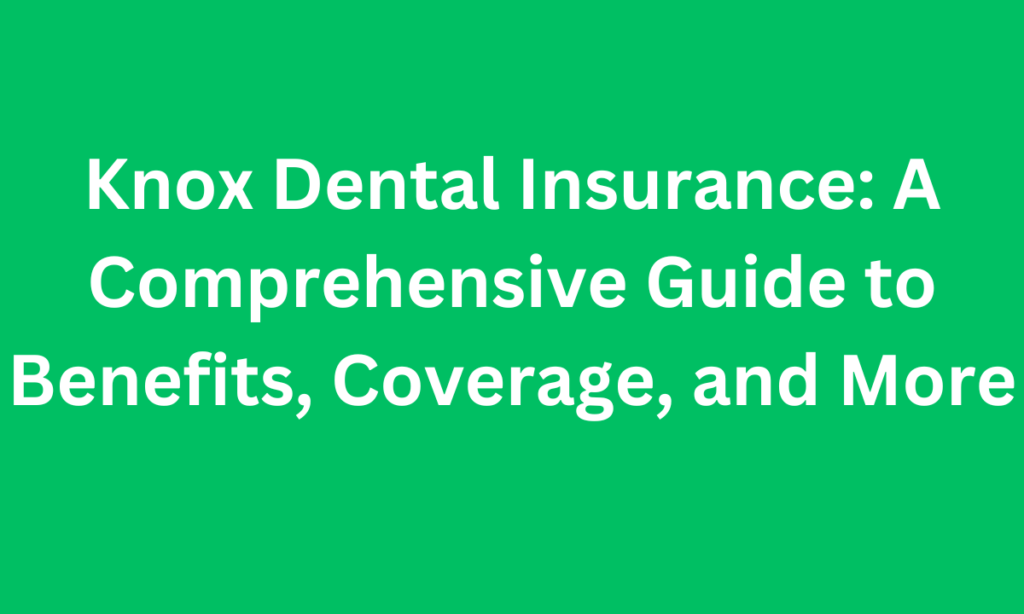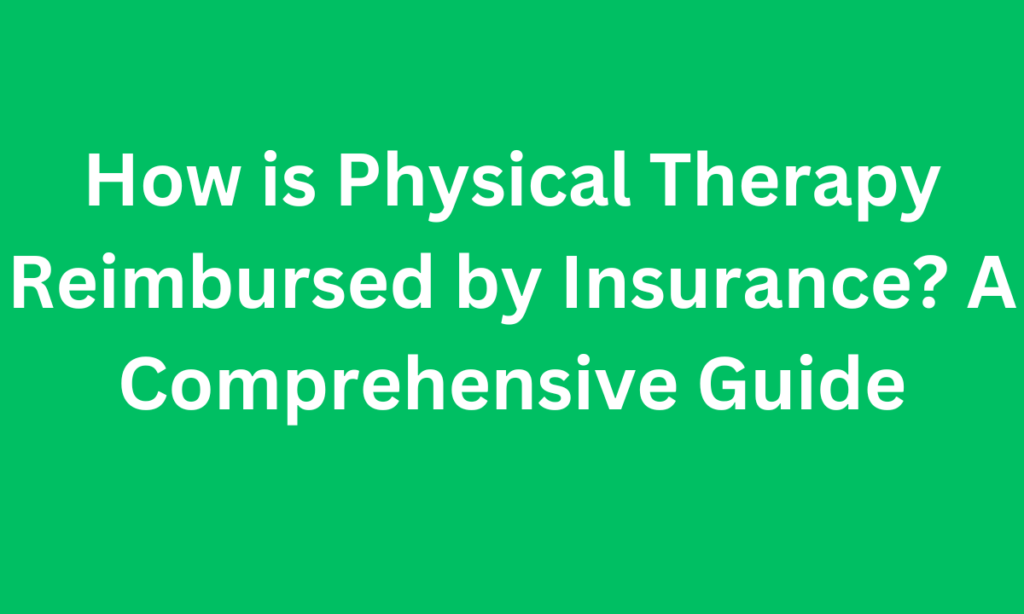Insurance is one of the most fundamental aspects of modern life, offering financial protection against unforeseen events and mitigating risks. From health to home, life to auto, and everything in between, insurance serves as a safety net, providing peace of mind for individuals and families, and helping businesses maintain stability. This article delves into the different types of insurance, their importance, the benefits they provide, and how to navigate the often complex landscape of insurance.
Understanding Insurance
Insurance is a contract between an individual (or an entity) and an insurer, where the individual agrees to pay a premium in exchange for financial protection against certain risks. In the event of a loss, such as damage to property, health issues, or even death, the insurer provides compensation or coverage as outlined in the policy.
The core principle behind insurance is risk management. It allows people and businesses to share the financial burden of potential losses, ensuring that the impact of such events is spread across many policyholders. This shared risk pool is what enables insurance companies to offer protection at an affordable rate, while still ensuring their own sustainability.
Types of Insurance
There are several types of insurance policies available, each designed to provide protection against specific risks. The most common types include:
1. Health Insurance
Health insurance covers the cost of medical care, including doctor visits, hospital stays, surgeries, prescription medications, and sometimes even mental health services. In many countries, health insurance is a vital component of maintaining public health, as it helps prevent the financial ruin that can come with unexpected medical expenses.
Health insurance plans can be categorized into individual health insurance and family health insurance. Most plans offer a range of coverage options, from basic coverage for routine health needs to comprehensive plans that cover all medical expenses.
2. Life Insurance
Life insurance is designed to provide financial support to an individual’s beneficiaries in the event of their death. The policyholder pays regular premiums, and in return, their beneficiaries receive a lump sum payout upon the policyholder’s death. This financial benefit can help cover funeral expenses, pay off debts, or replace lost income.
There are two primary types of life insurance:
- Term Life Insurance: Provides coverage for a specific period (usually 10, 20, or 30 years). If the insured passes away during this term, the beneficiaries receive a payout.
- Whole Life Insurance: Offers lifetime coverage and also includes an investment component that accumulates cash value over time.
3. Auto Insurance
Auto insurance is mandatory in most places for car owners. It provides financial protection in case of accidents, theft, or damage to a vehicle. Auto insurance policies typically cover liability (injury or damage to others), collision (damage to the policyholder’s vehicle), and comprehensive (damage to the car from non-collision events, such as theft or natural disasters).
In addition to basic coverage, many drivers opt for additional protection like uninsured/underinsured motorist coverage and roadside assistance.
4. Homeowners Insurance
Homeowners insurance is essential for property owners as it protects against damage to the home due to natural disasters, fires, theft, vandalism, and accidents. It typically covers the structure of the home, personal belongings, and liability if someone is injured on the property.
There are different levels of homeowners insurance, depending on the policyholder’s needs. Some policies also offer additional coverage for specific items like jewelry, electronics, and collectibles.
5. Disability Insurance
Disability insurance provides income replacement if the policyholder becomes unable to work due to illness or injury. This type of insurance is especially important for individuals who rely on their income to support themselves and their families.
There are short-term and long-term disability insurance options. Short-term policies generally offer coverage for a few months, while long-term policies can cover several years or even until retirement age, depending on the policy terms.
6. Business Insurance
Business insurance helps protect companies from financial losses caused by events such as theft, property damage, legal liabilities, and employee-related risks. Business insurance policies can vary widely depending on the size and nature of the business, but common types include:
- General Liability Insurance: Covers legal costs if a business is sued for injury or damage.
- Property Insurance: Protects business assets such as buildings, equipment, and inventory.
- Workers’ Compensation Insurance: Covers employees who are injured on the job.
The Importance of Insurance
1. Financial Security
The most obvious reason why insurance is important is its role in providing financial security. Life is unpredictable, and unforeseen events like accidents, natural disasters, illness, or death can result in significant financial burdens. Insurance helps to absorb these costs, allowing individuals and families to recover without having to deplete their savings or go into debt.
2. Risk Mitigation
Insurance allows individuals and businesses to manage risk effectively. Instead of bearing the full financial brunt of a loss, policyholders only pay a manageable premium. By distributing the risk across a larger pool of people, insurance companies can offer protection to a larger number of people while keeping premiums affordable.
3. Legal Requirements
In some cases, having insurance is not just a good idea—it’s a legal requirement. For example, in many countries, having auto insurance is mandatory for drivers. Similarly, businesses are often required to carry workers’ compensation insurance to protect employees. Compliance with these regulations ensures that individuals and businesses are not exposed to unnecessary legal and financial risks.
4. Peace of Mind
One of the less tangible but equally important benefits of insurance is peace of mind. Knowing that you have coverage in case of an emergency allows you to live your life with confidence. Whether it’s knowing that your home is protected or that you will have income replacement if you are unable to work, insurance provides a safety net that reduces anxiety and stress.
5. Encourages Savings and Investment
Some types of insurance, like whole life insurance or endowment policies, also offer an investment component. These policies allow individuals to accumulate cash value over time, which can be borrowed against or used for other financial needs in the future. Thus, insurance can serve as both a protective measure and a long-term financial planning tool.
How to Choose the Right Insurance
Selecting the right insurance policy can be daunting given the myriad options available. Here are some steps to guide you through the process:
- Assess Your Needs: Understand what risks you are most likely to face and choose insurance products that offer the best protection for those risks.
- Research: Take the time to compare policies, coverage levels, and premiums across different insurance providers. It’s essential to choose a reputable insurer with a history of good customer service and reliable claims handling.
- Read the Fine Print: Always read the terms and conditions of the policy carefully. Make sure you understand what is and isn’t covered, as well as any exclusions or limitations.
- Check Your Budget: While it’s important to have adequate coverage, you also need to ensure that you can afford the premiums. Choose a policy that fits within your financial means.
- Review Regularly: Life circumstances change over time, and so should your insurance coverage. Make sure to review your policies periodically to ensure that they still meet your needs.
Conclusion
Insurance is a crucial element of financial planning, offering protection against life’s uncertainties. Whether it’s safeguarding your health, home, or business, the right insurance coverage can provide peace of mind and financial security in times of need. By understanding the different types of insurance, assessing your individual needs, and carefully selecting the appropriate policies, you can ensure that you and your family are protected from the unexpected.







